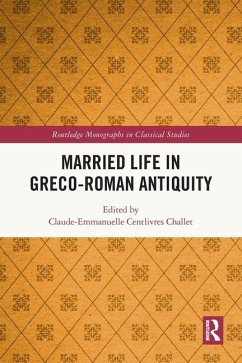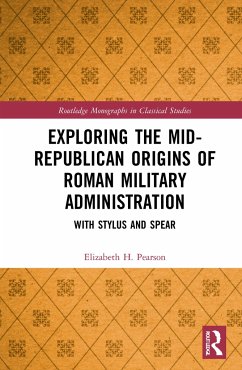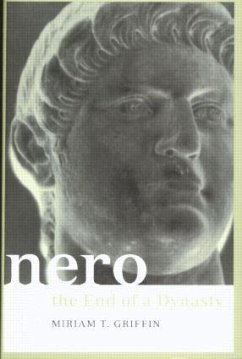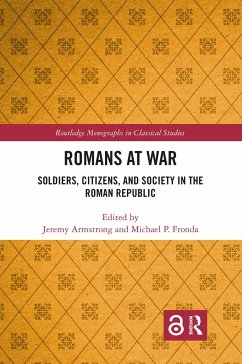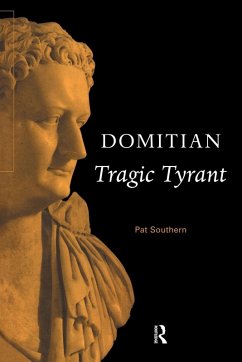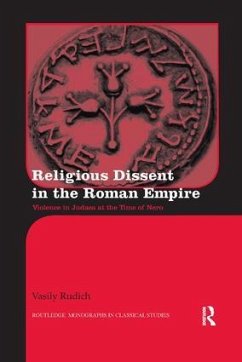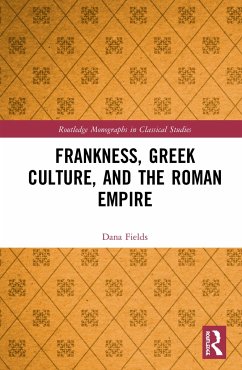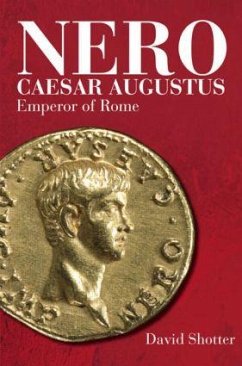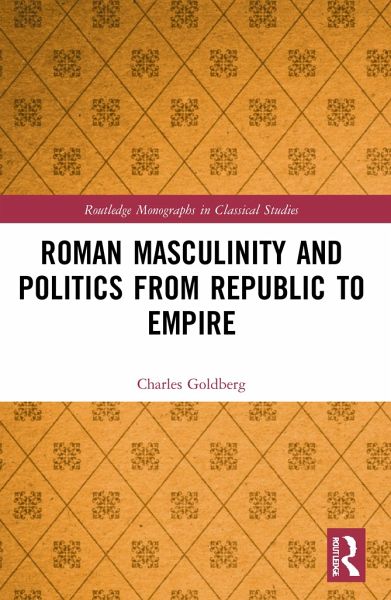
Roman Masculinity and Politics from Republic to Empire
Versandkostenfrei!
Versandfertig in 1-2 Wochen
56,99 €
inkl. MwSt.
Weitere Ausgaben:

PAYBACK Punkte
28 °P sammeln!
This volume explores the role that republican political participation played in forging elite Roman masculinity. It situates familiarly "manly" traits like militarism, aggressive sexuality, and the pursuit of power within a political system based on power sharing and cooperation.





